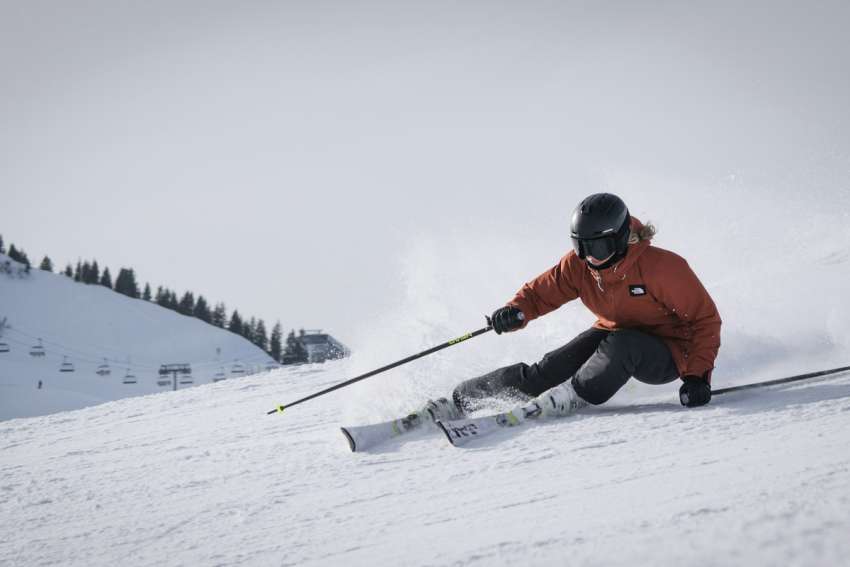The hard part was sitting down properly on the T-bar ski lift, or rather not sitting down. If you sat down, the whole vertical pipe would swoop forward violently and dump you on your back in the middle of the track for the skier behind you to pierce you with their long skis. The object of the T-bar was to brace your knees in a slight crouching position, hang on to the pipe with your hands, and let the seat drag you to the upper altitudes by the back of your thighs. Whoever designed this lift deserved a sadistic engineer of the year award.
The CCCB’s pastoral letter from its Episcopal Commission for Justice and Peace, released this week, calls on Canadian Catholics to serve Christian values by following seven commitments online.
Your description of Israeli actions in your Jan. 21 editorial “On the side of real justice” leaves a lot to be desired. What happened on Oct. 7 — and I certainly do not condone it — did not happen in a vacuum. Yet there is no sense of any understanding of what has been happening in Israel and Palestine for many years.
One winter when I was 13 and my brother was 14, we took a family trip to New Hampshire. To ski. Because my brother really wanted to. He promised he would teach me how to ski. My elderly dad, an avid outdoorsman and sports enthusiast, had never, however, in his long life, skied, and was wary of its potential dangers involving bone protrusions and close encounters with trees. He agreed to take us despite.
As a humourist I have often asked myself if my lighter reflections were appropriate in a time of such deep division and grief. As a columnist for over 10 years, there have been times when I have wondered if I should change tack, focus on darker or more politically edgy work, addressing the catastrophes of our times. It is surely fair to ask if one’s lightness, at a time of dark, is fitting or even welcomed. Truth be told, I continue to be torn. Humour, I know, has had a role to play in every context since the beginning of time, as a mediating influence, a salve or as a weapon to address contentious topics.
Anna Farrow rightly points in her Jan. 21 story “Media buy-in drove graves social panic” to the preface of Chris Champion and Tom Flanagan’s book Grave Error. Champion and Flanagan stress that while contributors to the book do not speak with a unanimous voice, “all authors in this collection agree on the main point: that no persuasive evidence has yet been offered by anyone for the existence of unmarked graves, missing children, murder or genocide in residential schools.”
Verbatim: Sr. Nancy Brown on combating human trafficking
Sr. Nancy Brown, of the Archdiocese of Vancouver’s Anti-Human Trafficking Committee, says the Feb. 8 Feast Day of St. Josephine Bakhita should focus attention to combat the scourge.








